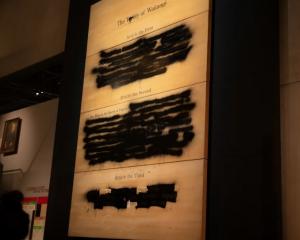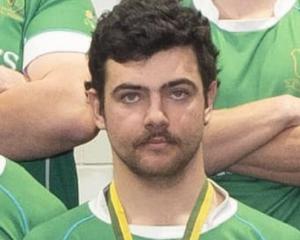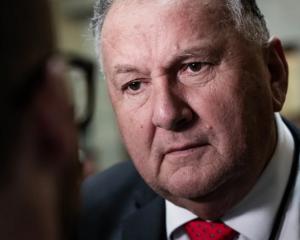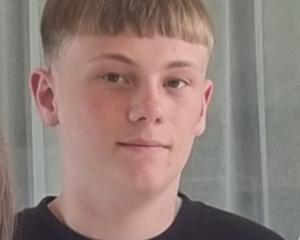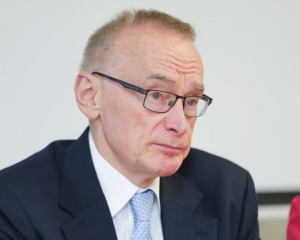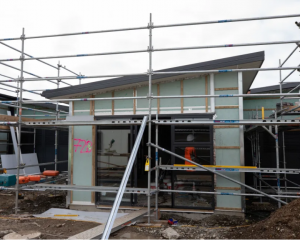
Akavi, a 62-year-old nurse, was working for the Red Cross when she was taken hostage in Syria by the Islamic State five and half years ago.
Her captivity was kept quiet as part of a five and a half year agreement between successive governments and media because of concerns she would be killed by her captors.
But she was named in the New York Times today - and subsequently in New Zealand media - with confirmation from the International Committee of the Red Cross (ICRC), which issued a plea for any information that could lead to her location.
Islamic State territory was wiped out with the fall of Baghouz last month, but security forces have not yet been able to find Akavi or get confirmation of whether she was still alive.
Prime Minister Jacinda Ardern said the Government did not want Akavi name in the public domain, standing by the long-held position that doing so could endanger her life.
Ardern said that this position was made clear to the ICRC, but the ICRC, which took the initial lead in efforts to find Akavi, decided to make a public plea for information.
The Government is continuing to work on the basis that Akavi is still alive, but disagreed with the decision to name Akavi publicly.
ICRC director of operations Dominik Stillhart today defended that call and said every decision since the abduction in 2013 was to maximise the chances of Akavi's freedom.
"That included the difficult decision we make now to go public."
He said she was still not found despite a sighting of Akavi in December last year and the collapse of IS territories.
"We continue to look for her."
He said every decision was made in coordination with the New Zealand Government.
Some ransom demands were made, but the ICRC did not have a policy of paying ransoms.
He said the NZ Government was fully aware of the ICRC decision to name Akavi.
"I am confident the decision was made in full transparency and coordination with the NZ Government."
He said the NZ Government agreed with the decision, and he was surprised by Ardern's comments about objecting to Akavi's name coming out.
"When I woke up this morning and I saw that that was the information that came out of New Zealand, I was slightly surprised."
He said the ICRC had been in constant contact with the Ministry of Foreign Affairs.
The decision was made over the last six to seven weeks, he said. "Every decision, including this one, was to maximise the chances of winning Louisa's freedom."
"We would not have made that decision without the support of the New Zealand Government."
He said there were Red Cross people on the ground in Syria and Iraq looking for information about Akavi, and he strongly believed she was still alive.
The last credible sighting was in December last year, he said.
Stillhart said the decision to go public was linked to repeated information about potential sightings, and because IS lost its territory.
He had heard rumours of rescue attempts, and the ICRC network has tried to find her over the last years. "This is also the way we got some of our own information about Louisa's whereabouts and what she is doing."
He said the ICRC had a strong operational presence in Syria and Iraq to look for Akavi, but would not into any details about efforts to find her.
He said he had a relationship of "trust and confidence" with the New Zealand Government.
He stood by his decision to make her name public today.
He said Akavi's family also supported the ICRC's decisions.
This is the longest kidnapping crisis in 156 years of the ICRC." Kidnappings were not uncommon and took a huge toll on the organisation and the families. He praised Akavi's family for their resilience.
He said he "truly" thought they were extremely close to winning Akavi's freedom at the end of 2017. "Unfortunately our hopes haven't materialised."
The public appeal was part of the ongoing efforts to maximise the chances of finding her, he said.
"We won't give up hope to get them out alive."

